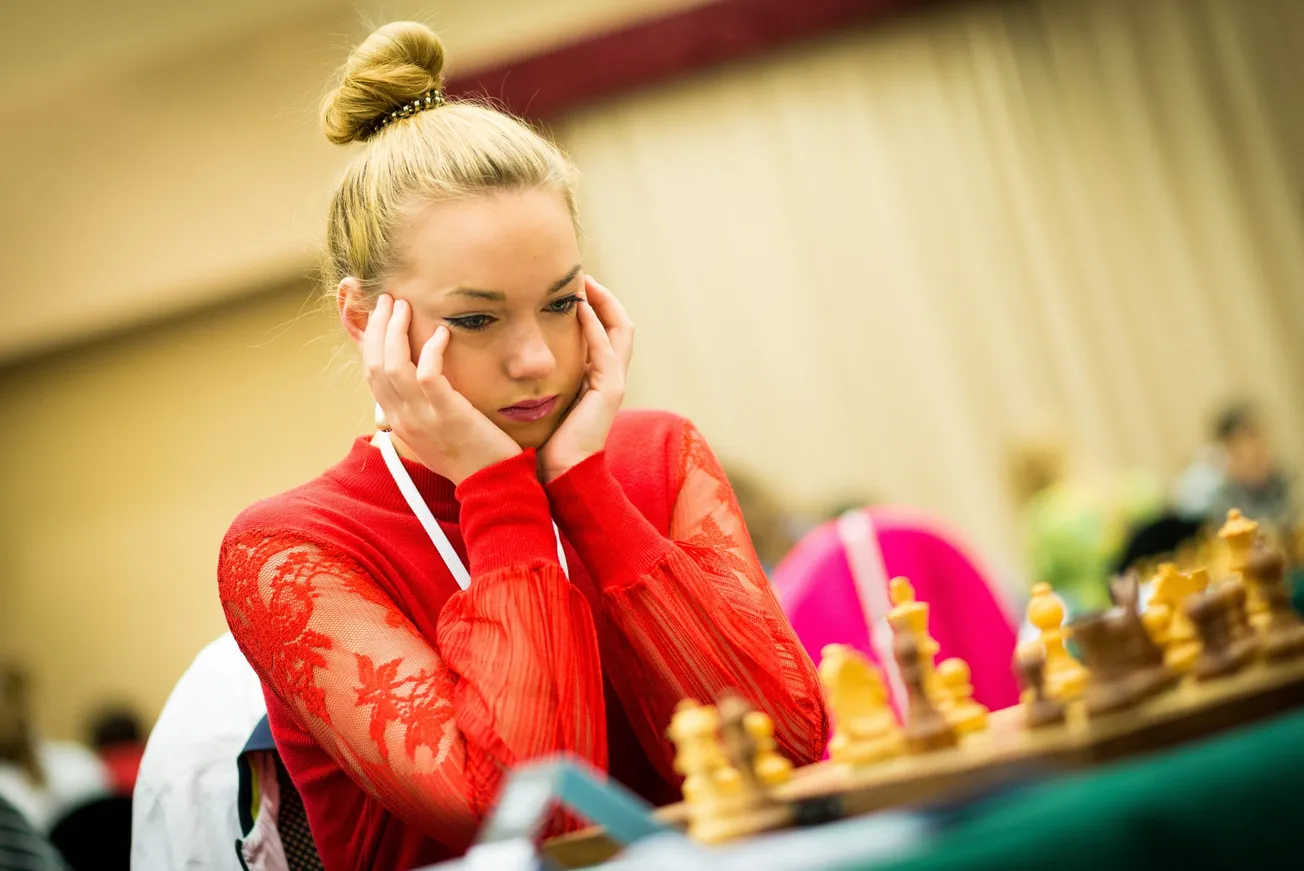Table of Contents
Sir Bob Jones
nopunchespulled.com
The Herald reports a doubling of brawling and assaults in our women’s prisons in the past year. Corrections attributed this to those inmates’ gang affiliations. What a surprise!
Reading that brought back memories of my involvement with Arohata Women’s Prison four decades back. My mate, the late Tony Dominick, a former New Zealand junior chess champion and News Editor of Truth, then our largest circulation newspaper, teed up for us two to go out and teach the inmates to play chess.
We had an initial group of about 20 Maori girls. Most had never heard of chess but were all ears as we explained the game. We duly left them chess sets to get on with it. Our return a week later revealed most had become gripped by the game and put up reasonable matches when we played them. One in particular stood out. She was massively obese but God she got it. A final trip saw her clean up Tony in fairly quick time. He was genuinely distraught.
As an aside my favourite chess story is from memory in the 1990s, of the Upper Hutt chess champions. In those days, newspapers were at their peak and covered everything. Some poor bugger drew the short straw and was told to report on the Upper Hutt chess championship finals. In the event he drew a winning ticket when they erupted into an all-out bloody brawl. Reporting on that would be a journalist’s dream.
I’ve had lots of amusing chess experiences over the years and wonder why it’s not promoted in our schools. Given my positive experience all those years ago, Corrections should try a repeat with the women’s prison and teach them the game. They should not be deterred by the Upper Hutt incident which chess-wise was aberrational. One positive benefit for prisoners is it engrosses them and thus eats up time.
But more important, it also induces that most useful behavioural trait of thinking before doing something, the absence of which probably lays at the root of the inmate’s incarceration. The best illustration of this was with former world heavyweight champion, Britain’s Lennox Lewis. Lennox was a very private individual and never hid his distaste at the hype surrounding major boxing matches.
His great fault lay with his overly thoughtful strategy. With his wealth he purchased a Caribbean Island where he lived very privately with his wife, young children and a former chess Grand master on the payroll. When not training he played chess all day.
Efforts to persuade him to be more dominant and set the agenda in the ring, fell on deaf ears.
Finally, his camp got to the bottom of the problem and persuaded him to give up chess for one year. That led to his most devastating period with three quick spectacular wins against top opposition. Probably no heavyweight in history could have lasted with him during that phase.
For what happened was as of necessity with all top sportsmen, he now acted intuitively and not premeditatedly. But the lure of the chess board eventually put an end to that golden era for him.
That story evidence my earlier point re prison inmates, namely impulsive behaviour without thought of consequences which led them into their plight. Teaching them chess would be an excellent way to change such damaging behaviour.
If you enjoyed this BFD article please consider sharing it with your friends.









